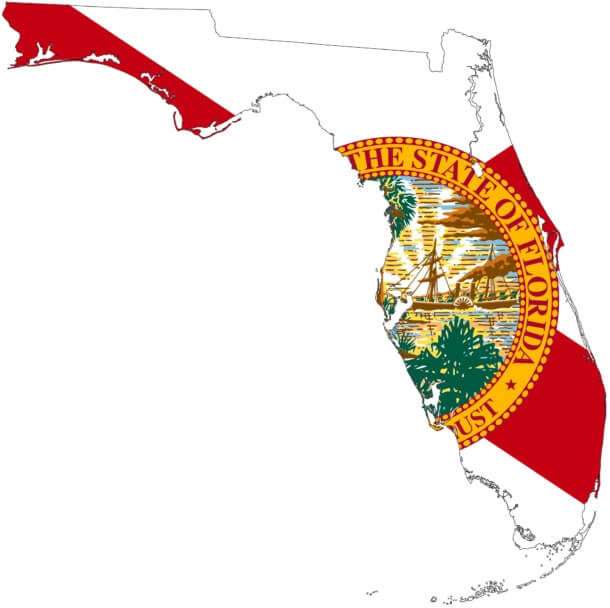I consider the politics of the Spanish-speaking world to be the most rewarding subject of study on the international scene.
The reason is simple: What happens in those countries often occurs later in the rest of the world.
The Spanish Civil War of the 1930s, for example, was a precursor to World War II. It led to one of the most important political books of the 20th century. That’s “Homage to Catalonia,” George Orwell’s saga of his adventures fighting in Spain on behalf of the Spanish Republic.
In the great Spanish tradition, that war had too many competing factions to count. The book tells the story of how in the middle of the fighting Orwell narrowly escaped a purge by the Communists, who were also backing the Republic. That gave him the inspiration for later works such as “Animal Farm” and “1984.”
Catalonia’s been quiet since then, but now things are revving up again. On Sunday, the Catalans held a referendum on the question of whether their region, which contains the city of Barcelona as well as a lot of beautiful Mediterranean beaches, should secede from Spain.
In another country, the vote might have come and gone with barely a ripple. In 2014, a vote on Scottish secession was held without much effect on the British government, which later voted to exit the European Union, also peacefully.
The Spanish government could have chosen to permit the vote. Instead, the central government in Madrid sent forces to stop the Catalans from voting.
Continue: The politics of secession: Catalonia today, California tomorrow? | Mulshine | NJ.com


